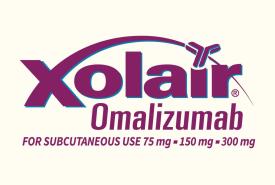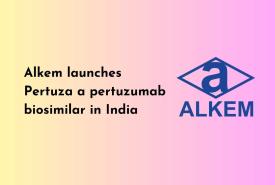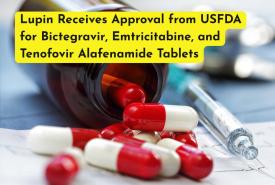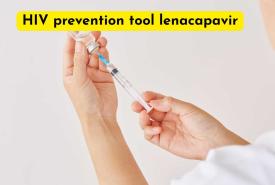AbbVie expands Biologics Manufacturing and R&D Presence in the U.S., invests USD 70 mn
AbbVie announced the start of construction of a USD 70 million expansion at its AbbVie Bioresearch Center (ABC) in Worcester, Mass., which serves as a center of excellence for biologics research and development and manufacturing. This expansion is part of the company's previously announced commitment to invest more than USD 10 billion of capital in the U.S. to broadly support innovation and expand critical biologics manufacturing capabilities and capacity.


















